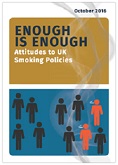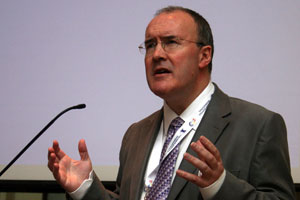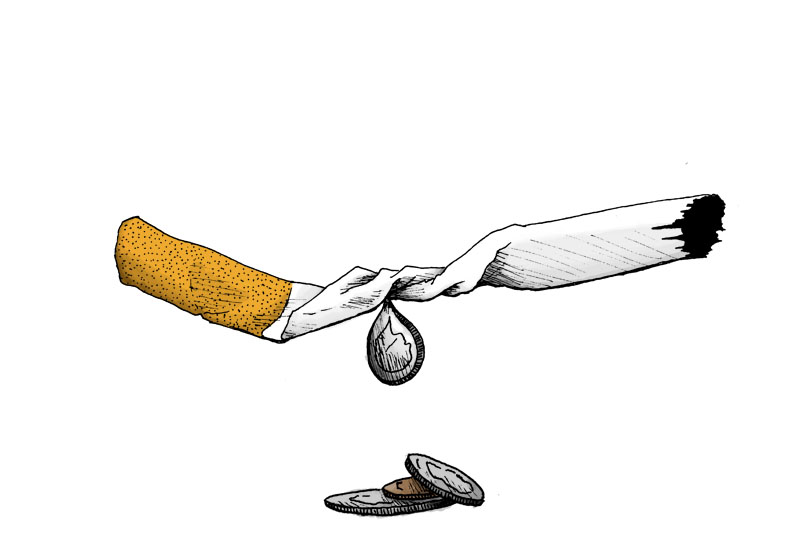Echoing back a phrase made famous by the Prime Minister, Theresa May, campaigners in the UK are urging the Chancellor to help consumers who are “just about managing” by rejecting a second increase in tobacco duty this year.
According to the smokers’ group Forest, tobacco duty costs those with low incomes a far larger proportion of their income than it does those on higher incomes, and further hikes, it says, would only exacerbate this unfairness.
‘Measuring expenditure on tobacco duty as a percentage of disposable income, in 2015/16 tobacco duty cost the average household in the lowest-income bracket almost eight times what it cost the average highest-earning household,’ Forest said in a press note issued today.
‘Although the average household among middle-earners spent 38 per cent more on tobacco duty than the poorest households; as a percentage of disposable income the poorer households were still worse off.’
Tobacco duty, says Forest, costs the poorest households 2.3 percent of their disposable incomes compared to 0.3 percent in the wealthiest households.
“Tobacco duty is a regressive tax because it hurts low income households more than the average household and far more than the wealthiest households,” said Simon Clark, director of Forest.
“In order to help those who, in Theresa May’s words, are ‘just about managing’, we urge the Chancellor to resist the temptation to increase tobacco duty for a second time this year.”
Meanwhile, Forest claims that the use of a ‘flawed’ measure of inflation has cost smokers an additional £1.35 billion in tobacco duty since 2010.
According to the group, the practise of increasing tobacco duty using the retail price index (RPI) rather than the consumer price index (CPI), which experts believe is a more accurate measurement of inflation, has resulted in smokers being unfairly overtaxed.
The duty escalator, which was reintroduced in 2010, increased the price of tobacco every year by inflation plus two per cent. Inflation, says Forest, was calculated using the RPI not the CPI. This, says the group, has resulted in smokers paying even more duty than they should reasonably have been expected to pay.
Forest estimates that smokers were overtaxed by almost £46 million in 2010/11, rising to £252 million in 2016/17. The forecast for 2017/18 is almost £310 million which means smokers will have been overtaxed by more than £1.35 billion since 2010.
“Smokers have been punished enough for their habit,” said Clark. “Tobacco duty is already scandalously high without the Chancellor using a flawed measure of inflation to extract even more money from the pockets of law-abiding consumers.”









